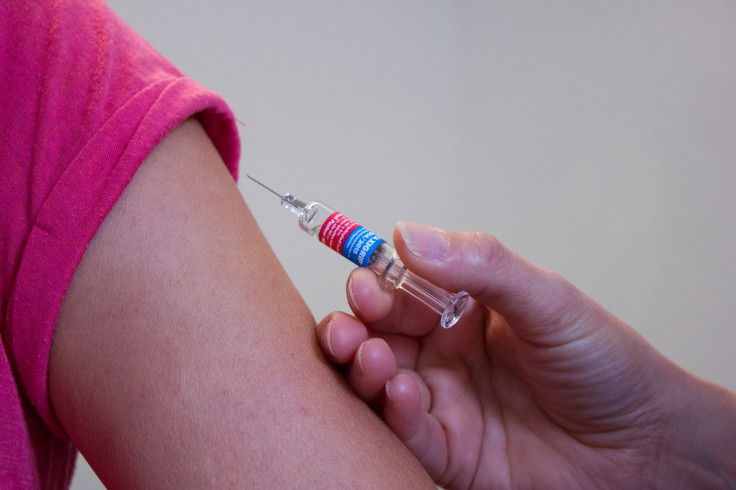Only 50% Americans plan to get flu shots
Researchers noted that the results of the survey indicate the need to educate populations, especially those who are at a higher risk.
With the flu season just around the corner, many Americans are bracing themselves for a possible bout with the dreaded illness. With the advent of winter season, there is also a discussion on getting a flu vaccine. While many Americans believe it is the best preventive measure that would keep them flu-free, not everyone is eager to get vaccinated.
A survey conducted by the National Opinion Research Center (NORC) at the University of Chicago, which was commissioned by the National Foundation for Infectious Disease (NFID), revealed that many Americans believe a flu shot is the best protection that they could have against the flu. However, not everyone who adheres to it is planning to get vaccinated.
The survey involved 1,000 respondents, who were 18 years and above from different states in the U.S. Sixty-eight percent of the respondents said that a flu vaccine is the best preventive measure against hospitalisations and flu-related deaths. In the previous year, only 61 percent agreed to this, but now, the numbers increased by seven percent.
On the other hand, those who said that they want to get inoculated was only 59 percent, and there was even a 15 percent who were unsure. Those who are hesitant about receiving the vaccine gave varying reasons.
Out of those who were unsure, there were 34 percent who do not believe that the vaccines work well. Roughly 32 percent say that they never get the flu. There are also those who expressed concern about the possible side effects of the vaccine. There was 22 percent, who feared that they will get the flu from the vaccine, but this notion was fairly debunked by science since it was already established that the vaccine cannot cause the virus.
A small number at 17 percent, however, is anxious about going out to get vaccinated as they fear being exposed to COVID-19. For them, it is better to stay home and avoid contracting coronavirus than to go out just to get the flu vaccine.
One cause for concern among the numbers is that 22 percent who were deemed high-risk individuals for flu, did not have any plans of getting the vaccine. This group includes smokers, those who are 65 and older, asthmatics, diabetes patients, and those with heart and kidney diseases.
The researchers noted that the results of the survey indicate the need to educate populations, especially those who are at a higher risk of suffering from complications that could arise from both flu and COVID-19.
© Copyright IBTimes 2025. All rights reserved.






















